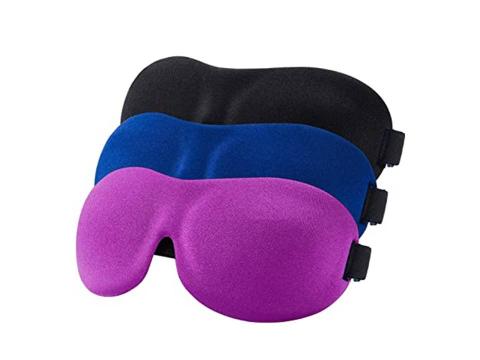Blog
Blog
Last news
-
Wednesday 29 September 2021Esenciales para un Sueño Reparador
-
Tuesday 14 September 2021Refreshing your Sleep Journey. Part I
-
Thursday 27 June 2019More on Muriel Poli,D.C.´s Education

Refreshing your Sleep Journey. Part I
Hypnos was a primordial deity and the personification of sleep. He lived in a cave in the underworld, where no light was cast by the sun or the moon. The insights Greek mythology offers and their accuracy with respect to human physiology or psyche never ceases to amaze me.
We too get to travel each night into our own cave. Sleep is as vast and complex as our personal life´s journey, (we do spend one third of our life sleeping.) In this first post, I will attempt to offer some foundational solutions.
Sleep affects crucial hormones
During sleep your body repairs and the nervous system has the opportunity to restore itself, and the brain to reshuffles it´s “files”. These are vital processes that maintain mood, memory, and cognitive function, and play a large role in the function of the immune and endocrine systems.
Serotonin for instance plays an important role in regulating melatonin for sleep, and pain perception. Leptin is involved in hunger suppression, thereby inducing weight loss. Ghrelin increases appetite and stimulates the release of growth hormone. Cortisol has a very important role in helping the body respond to stress. Yet High levels of Cortisol before bed time can make it difficult to fall asleep.
Chronic sleep deficit puts teenagers and adults at risk for cognitive decline, poor concentration, anxiety, cardiovascular problems… and are prone to colds three times more often. Not a good idea in this day in age.
Sleep Essentials for Restorative Sleep
Just as Hypnos lived in a cave with no light, complete darkness in your bedroom is essential for regenerative sleep.
● Block the light outside your bedroom with closed shades and thick drapes. If light still enters your room use a sleep mask.
● Dim or small lights coming from a cell phone, tablet, television, computer screen and digital alarm clock can suppress your brain´s production of melatonin.You might think you are asleep but your eyes and brain are registering light and it is stimulating your brain and igniting your cellular metabolism! It is best to keep as many of those objects outside of your bedroom; this advice alone has helped countless patients improve their sleep!.s Hypnos lived in a cave with no light, complete darkness in your bedroom is essential for regenerative sleep.

● Turning off the television or digital devices at least one hour before going to bed. The blue light emitted by the screens, mimics the blue light from the sun, and tricks your body into thinking it is still day time.
● Keeping it cool. The bedroom should be at a maximum of 19 degrees Celsius. During deep sleep your body temperature and heart rate fall. Excessive heat will disrupt that phase of the sleep cycle, leaving you tired.
● Shifting your Energy. Unloading the different energies you have generated or come into contact with during the day, will bring you closer to a dynamic balance and harmonious sleep. Movement is key, therefore I would recommend Tai chi gung or gentle Yoga, Abdominal Breathing or walking 15 to 20 minutes after diner, ideally to a park.
● How much sleep? The general guidelines are that teenagers should get 9 to 10 hrs, children 10 to 12 hrs and adults 7 to 8 hrs.
● Receiving Chiropractic wellness adjustments.
Typically the neck of individuals, who use digital devices for long hours, becomes strained and/or painful. Chiropractic may help to optimizes the upper neck, circulation and relieve tension off the brainstem which is the main production area for brain serotonin and dopamine. In addition studies have shown that correcting posture positively influences serotonin levels.
If you feel tension building-up in your neck and body or that you find yourself slouching again, then it is probably time for a tune-up of your spine.
Have you ever decided to make sleep a priority?
If you have not, I hope to have begun to convince you to reconsider.
In the upcoming and second instalment, I will present ways to lower inflammation, which is highly disruptive to sleep biochemistry, and additional habits to embrace.

Comments